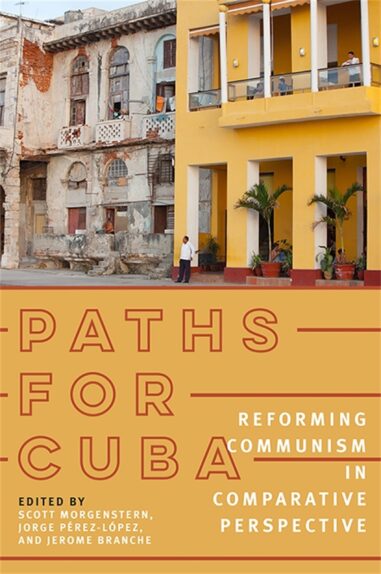The Cuban model of communism has been an inspiration—from both a positive and negative perspective—for social movements, political leaders, and cultural expressionists around the world. With changes in leadership, the pace of change has accelerated following decades of economic struggles. The death of Fidel Castro and the reduced role of Raúl Castro seem likely to create further changes, though what these changes look like is still unknown. For now, Cuba is opening in important ways. Cubans can establish businesses, travel abroad, access the internet, and make private purchases. Paths for Cuba examines Cuba’s internal reforms and external influences within a comparative framework. The collection includes an interdisciplinary group of scholars from around the world to explore reforms away from communism.



